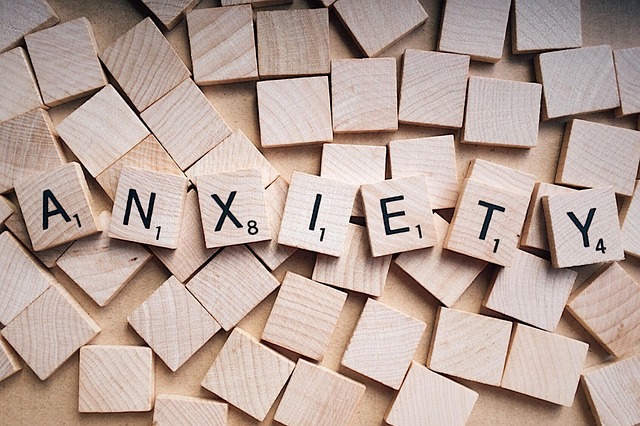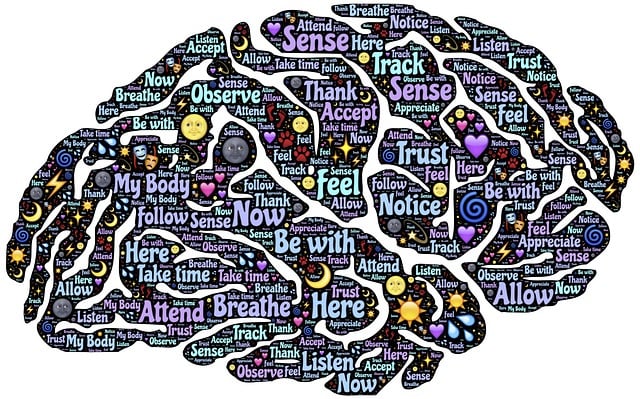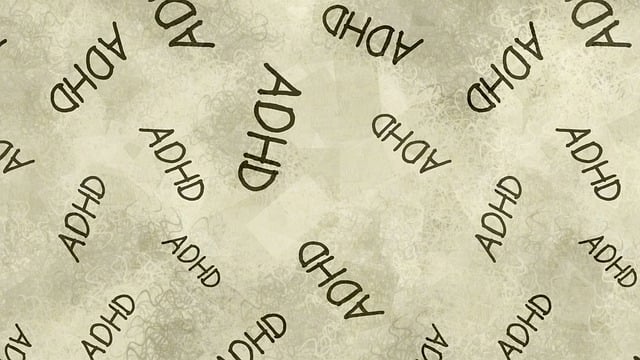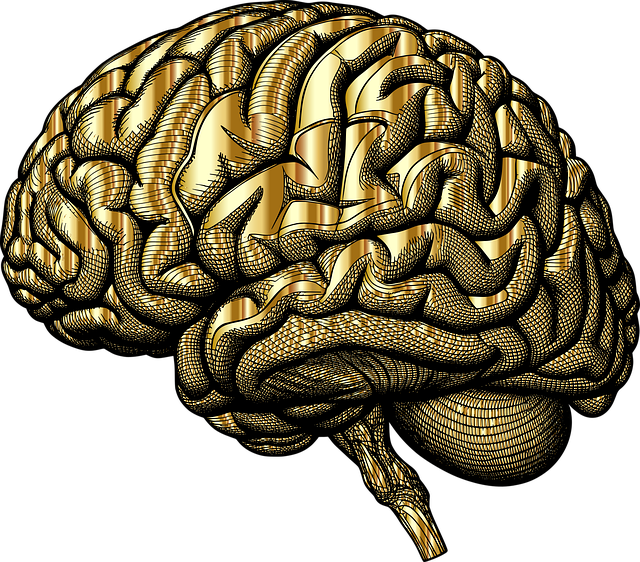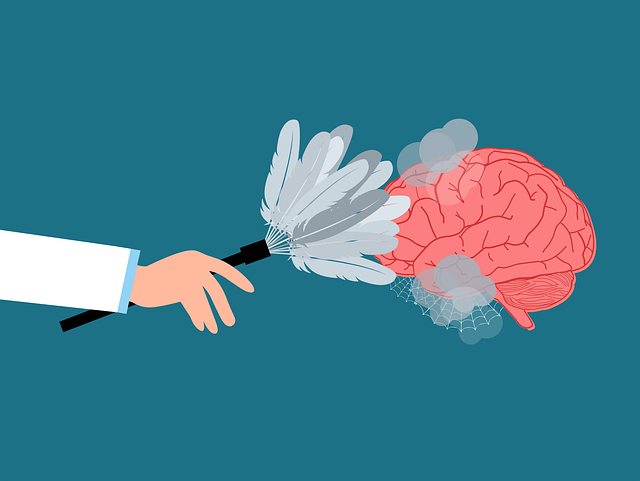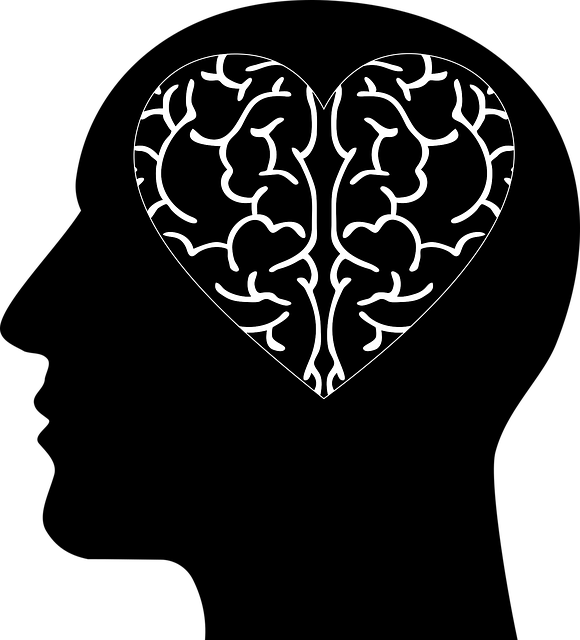Golden Gender-Affirming Care Therapy is a revolutionary mental healthcare approach that prioritizes cultural sensitivity, ensuring personalized treatment for all patients. By combining empathy-building strategies with culturally relevant techniques, therapists create safe spaces where individuals can express their true selves, fostering open dialogue and strengthening the therapeutic bond. This inclusive practice respects diverse gender identities, belief systems, and cultural backgrounds, leading to improved outcomes, enhanced well-being, and stronger community connections. Effective communication, stress reduction, and tailored self-care routines are key components of this therapy, empowering patients to navigate life's challenges with resilience and confidence.
In today’s diverse society, cultural sensitivity in mental healthcare is paramount. Understanding and respecting diverse cultural beliefs and practices can significantly enhance patient outcomes. This article explores key aspects of culturally competent care, focusing on the role of golden gender-affirming care therapy in fostering inclusivity. We delve into recognizing and honoring belief systems, effective communication strategies, and best practices that prioritize cultural sensitivity. By embracing these principles, mental health professionals can provide more tailored, effective support to a wider range of patients.
- Understanding Cultural Sensitivity in Mental Healthcare
- The Role of Golden Gender-Affirming Care in Promoting Inclusivity
- Recognizing and Respecting Diverse Belief Systems
- Strategies for Culturally Competent Communication
- Enhancing Patient Outcomes through Cultural Sensitivity Practices
Understanding Cultural Sensitivity in Mental Healthcare

In the realm of mental healthcare, cultural sensitivity is a cornerstone of effective treatment. It involves recognizing and respecting the diverse beliefs, values, and practices that shape individuals’ lives across different cultures. This understanding is crucial when providing Golden Gender-Affirming Care, ensuring that every patient receives therapy tailored to their unique background. By employing Empathy Building Strategies, mental health professionals can create a safe space for clients to express themselves honestly, fostering open dialogue and strengthening the therapeutic alliance.
Integrating cultural sensitivity goes beyond awareness; it empowers practitioners to adapt their approaches. This may involve incorporating culturally relevant techniques to enhance sessions, such as promoting Confidence Boosting activities that resonate with the patient’s identity or engaging in discussions that build Inner Strength Development through the lens of their cultural framework. Ultimately, these practices not only improve treatment outcomes but also cultivate a more inclusive and respectful healthcare environment.
The Role of Golden Gender-Affirming Care in Promoting Inclusivity

In the realm of mental healthcare, Golden Gender-Affirming Care Therapy emerges as a powerful tool for fostering inclusivity and creating safe spaces for all individuals. This therapeutic approach recognizes and values the diverse experiences and identities that exist beyond traditional gender norms, ensuring that care is tailored to meet each client’s unique needs. By adopting these practices, mental health professionals can provide a supportive environment where individuals feel seen, heard, and respected, thereby enhancing the effectiveness of treatment.
Integrating Golden Gender-Affirming Care into practice involves incorporating self-care practices that challenge societal expectations and promote healthy expressions of identity. It also entails expanding the range of available Trauma Support Services to cater to the specific needs of gender-diverse individuals. Furthermore, this approach encourages the development of coping skills that validate and embrace a spectrum of gender identities, enabling clients to build resilience and navigate life’s challenges with greater ease.
Recognizing and Respecting Diverse Belief Systems

In providing mental healthcare services, recognizing and respecting diverse belief systems is paramount. Individuals from various cultural backgrounds often hold unique perspectives on health, illness, and healing, which significantly shape their experiences and preferences for care. For instance, some cultures may emphasize holistic approaches to well-being, incorporating practices like traditional medicine, meditation, or spiritual rituals alongside Western therapies. Healthcare providers must be trained in cultural competency to offer gender-affirming care, ensuring that services are accessible and sensitive to the needs of all patients, regardless of their background.
Integrating these cultural perspectives requires a shift from one-size-fits-all treatment models towards more personalized approaches. This involves adapting self-care routine development strategies to address specific cultural beliefs and practices. For example, incorporating cultural elements into depression prevention programs can enhance engagement and effectiveness, demonstrating that mental healthcare can be both culturally competent and evidence-based. Such an approach not only respects individuals’ rights to their own care but also fosters stronger therapeutic alliances, ultimately leading to better mental health outcomes.
Strategies for Culturally Competent Communication

In providing culturally sensitive mental healthcare, establishing effective communication is paramount. This involves a deep understanding and appreciation of the patient’s cultural background, values, and beliefs. One crucial strategy is adopting gender-affirming care, especially in therapies like Golden Gender-Affirming Care, where therapists create a safe and supportive environment that respects and validates an individual’s identity. By fostering an atmosphere of trust and acceptance, patients feel more comfortable expressing themselves, which is essential for accurate assessment and tailored treatment plans.
Additionally, empathy building strategies play a significant role in bridging cultural gaps. Mental health professionals can enhance their skills by actively listening, demonstrating cultural humility, and incorporating the patient’s preferred language or communication methods. Integrating stress reduction methods and coping skills development tailored to the individual’s culture can significantly improve treatment outcomes. These approaches not only address the presenting issues but also promote overall well-being while respecting diverse cultural needs.
Enhancing Patient Outcomes through Cultural Sensitivity Practices

Cultural sensitivity in mental healthcare is a powerful tool to enhance patient outcomes and foster better relationships within diverse communities. By providing Golden Gender-Affirming Care, therapists can create a safe and inclusive environment, especially for marginalized groups. This approach ensures that patients’ cultural identities, gender expressions, and sexual orientations are respected and integrated into their treatment plans. When mental health professionals embrace these practices, they not only improve patient satisfaction but also encourage open communication, increasing the likelihood of successful therapy outcomes.
Implementing Community Outreach Program Implementation and organizing Stress Management Workshops can further support cultural sensitivity training for professionals. These initiatives raise awareness about various cultural practices, beliefs, and potential barriers to care. Additionally, risk assessments for mental health professionals are crucial in identifying and mitigating challenges associated with working with culturally diverse populations, ensuring their well-being while providing effective services.
Cultural sensitivity in mental healthcare is no longer a consideration, but an essential practice. By integrating golden gender-affirming care and respecting diverse belief systems, therapists can create a more inclusive environment. Effective communication strategies are key to fostering trust and understanding, ultimately enhancing patient outcomes. As we navigate the complex landscape of mental health, culturally competent practices ensure that everyone receives the supportive, respectful care they deserve.


